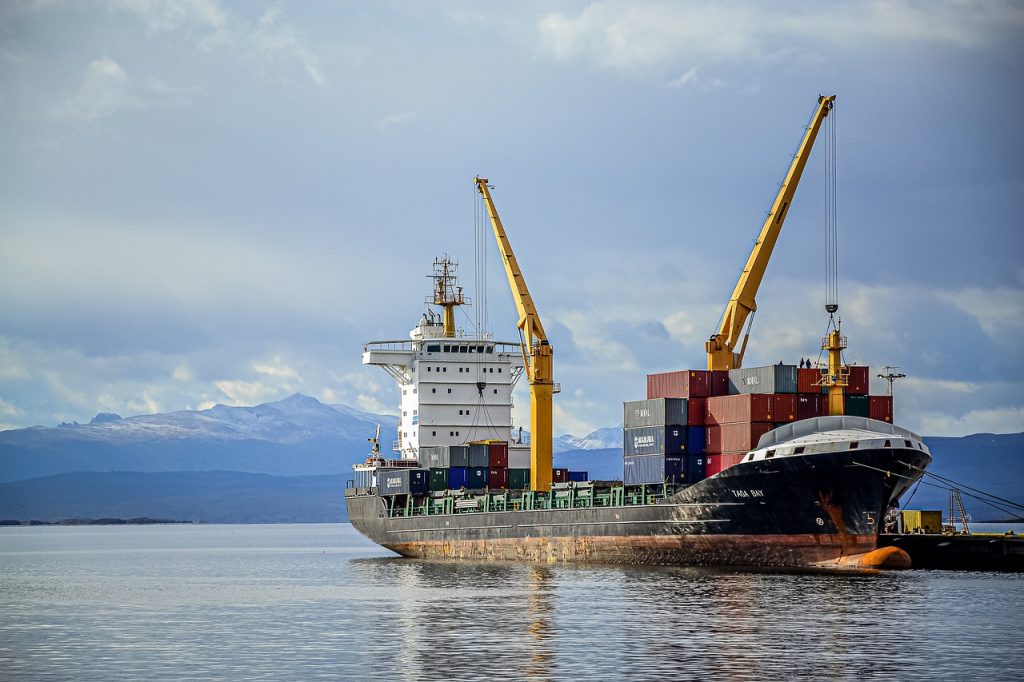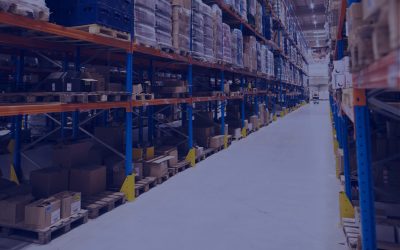The new president Javier Milei lowered his liberal approach to the sector and announced that it is “forbidden to prohibit exports”. What are the policies implemented since his DNU aimed at deregulating the sector and how are they being applied today?
Since the arrival of the liberal economist Javier Milei to the presidency of Argentina last December, the foreign trade sector has been waiting for possible deregulations to the activity, in line with the anti-interventionist vision that the leader of the political party known in Argentina as “La Libertad Avanza” (Freedom Moves Forward) has put forward throughout his campaign.
The first measures were finally made known with a first announcement promoted from the Argentinean Ministry of Economy by Minister Luis Caputo himself. The official is known in Argentina because he belonged to the government of Mauricio Macri, who tried to open ties with the world and change the economic agenda for one open to investments and foreign trade.
For import and import traders, the change of government in Argentina could dramatically alter conditions in Latin America’s third largest economy, behind Mexico and Brazil.
The joint resolution 5466/23 of the Secretariat of Commerce and the Federal Administration of Public Revenues (AFIP) published on Tuesday, December 26, 2023 in the Official Gazette, was announced with the purpose of “normalizing trade and complying with the international standards of the World Trade Organization“, according to the agency.
As of that date, the Import Statistics System (SEDI) was implemented to obtain advance information that will help in the customs risk matrix.
With this, the national government modified the import system that had been in operation until now (known as SIRA) for this system, which the agency itself defined as “transparent and non-discretionary”. Thus, licenses and permits to import were eliminated.
What the Resolution establishes
The joint resolution between AFIP and the Secretariat of Commerce establishes that those who wish to import must complete an informative Affidavit on AFIP’s website, in the SEDI section.
However, they clarified that, although the blockades of the Secretariat of Commerce – which caused multiple delays in the approval of the SIRAS – will cease to exist, those related to the safety and wholesomeness of the goods, which correspond to technical analysis of agencies such as SENASA, ANMAT, INAL, among others, will be maintained.

This joint resolution is complemented by resolution 1/2023 of the Secretariat of Commerce which abrogates resolution 523/2017 which established the Non-Automatic Import Licenses.
“With this, we left behind a scenario where it was very difficult to get approvals for imports, there were months of delays and it was very complicated to operate, even when all the information required by the system was correctly loaded,” introduces Francisco Ricci, Aerodoc’s International Logistics Research and Development Director.
“For now, the new automatic system is working quite well,” Ricci adds. “There are some aspects that are still not regularized, but I think they have more to do with a delay or a delay in getting up to speed of the new Customs personnel than a manifest intention to put obstacles,” he adds.
A priori, this step was well received in the sector, but still with the expectation of how it will be implemented. “My personal opinion is that it is positive. It is always necessary to have some kind of protection for certain industries, but what they usually do in Argentina is: either they block all imports or they free everything,” comments the Aerodoc specialist.
“I hope that the intention is to reach a balance. To protect what needs to be protected and to import what needs to be imported because it is not manufactured here”, he adds.
A decree still pending
On the other hand, on December 29, Decree of Necessity and Urgency (DNU) 70/2023 issued by President Milei, which aims at deregulating the economy by modifying and repealing a hundred laws, came into effect.
Entitled “Bases for the reconstruction of the Argentine Economy” (Bases for the reconstruction of the Argentine Economy), the DNU dedicates the fifth chapter of the document to the foreign trade sector and modifies several points of the Customs Code.
During the speech broadcast on national TV to announce the measures, the President stated that it was “forbidden to prohibit exports”, and with the modification of Article 609 of the Customs Code it was established that “the National Executive Power may not establish prohibitions or restrictions to exports or imports for economic reasons“.
In practice, however, it is not fully implemented. “It is being done in a staggered manner,” says Ricci. “For now, the practical functionality at the customs level of what the DNU mentions is limited. The most fundamental changes seen in these last weeks were the implementation of SEDI, the removal of automatic licenses, and there were many changes in terms of tariffs, but they were increases,” he argues.
From his point of view, “in the medium term, what this government proposes is to reduce import tariffs, in some cases to zero. However, in the short term it has done the opposite”, analyzes Ricci. He also points out that this is probably due to economic issues that do not allow to do without the income generated by import tariffs and, on the other hand, to the reserve crisis faced by the Central Bank.

Where there are still delays in the implementation is in the issues related to the intervening entities. “What is still not fully functional is, especially, what has to do with the intervening entities. Each item has different types of entities and interventions that regulate the entry of goods. What the DNU proposes is that it is not the importer who has to manage this type of requirements beforehand, but it is the intervening entity that has to decide whether or not the importation requires some type of documentation or additional testing. In practice this is not working, and there are still the same intervention restrictions as before”, says Ricci.
Aerodoc notes that the delays are related to management times and the normal process involved in implementing the changes established in the decree. “For the time being, the most important and related to the emergence of the SEDI, is already underway,” closes Ricci.
Subscribe to our monthly Newsletter to stay up to date with the latest trends and news from the world of logistics!




